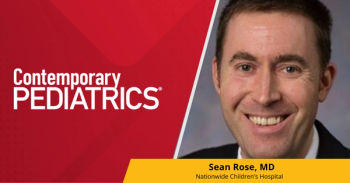
Toxic childhood stress changes gene expression
Abuse early in childhood affects how certain genes are turned on or off, which may help explain why severely stressed children are at higher risk of psychological and physical problems, a recent study suggests.
Abuse early in childhood affects how certain genes are turned on or off, which may help explain why severely
Researchers at the University of Wisconsin, Madison, measured
The study findings align with results of previous research in rodents, which showed that the glucocorticoid receptor gene influences the hypothalamic-pituitary-adrenal (HPA) axis. Disturbances in the HPA axis interfere with the regulation of emotional behavior and response to stress. The gene also has effects on the immune system that can increase vulnerability to illness.
Abused children are prone to develop mood and anxiety disorders and difficulty controlling their emotions. They are more likely to have elevated inflammation and antibody production, impaired immune function, and generally poorer health as they age than children who haven’t suffered abuse.
The researchers note that animal research suggests toxic stress-driven gene changes may be reversible with intervention. Better understanding of the interaction between social experience and neurobiology could point to better ways to treat abused children.
To get weekly clinical advice for today's pediatrician,
Newsletter
Access practical, evidence-based guidance to support better care for our youngest patients. Join our email list for the latest clinical updates.






